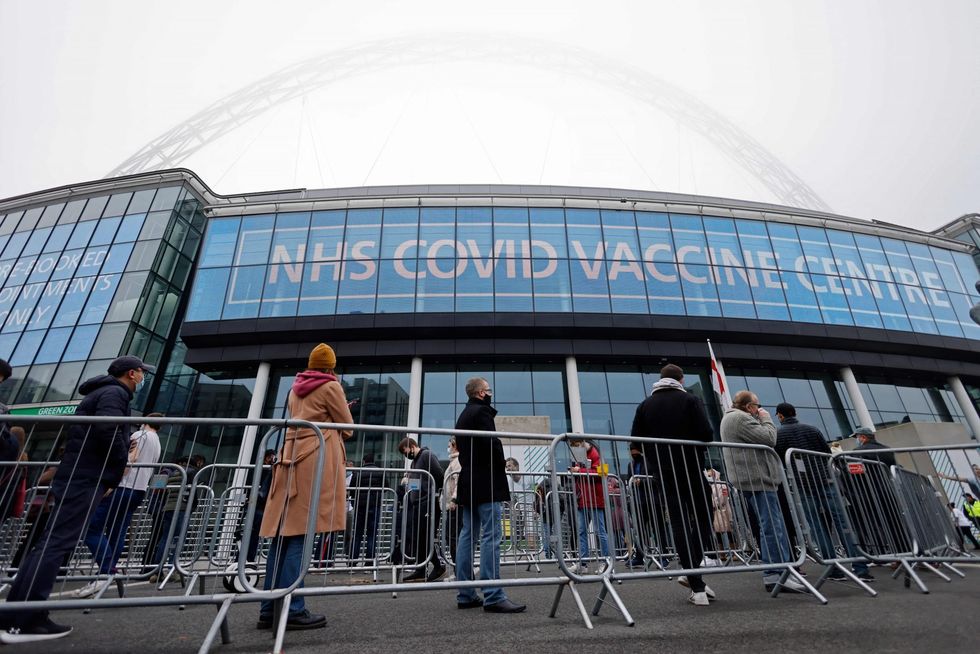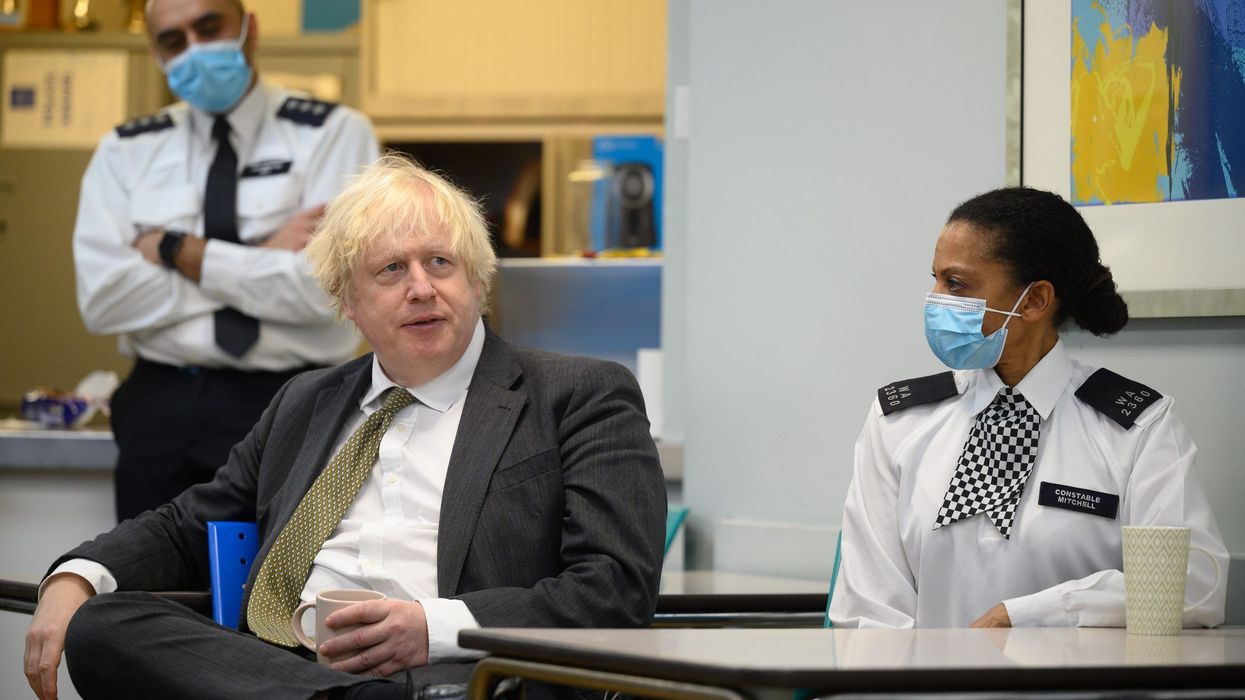BRITISH prime minister Boris Johnson said on Monday (20) he was looking at all kinds of measures to keep the Omicron coronavirus variant under control as the situation was extremely difficult, cautioning that further restrictions might be needed.
Britain has reported record levels of Covid-19 cases over the past week, with officials and ministers warning that hospitalisations are also rising.
Speaking after a more than two-hour cabinet meeting to discuss the latest Covid-19 situation, Johnson said the situation was "extremely difficult" and that hospitalisations were rising steeply in London.
"We will have to reserve the possibility of taking further action to protect the public, and to protect public health and the NHS (National Health Service), and we won't hesitate to take that action," Johnson said.
"We are looking at all kinds of things to keep Omicron under control and we will rule nothing out."
British media said ministers had pushed back against the prospect of new restrictions before Christmas and that curbs, lasting between two weeks and a month, were now more likely to be introduced after, possibly from Dec. 28.
The Times and other media outlets said these would likely include a ban on households mixing indoors, as well as possible limits on the numbers who can meet outdoors and pubs and restaurants limited to opening outdoors only.
Omicron has raced around the world and so far been reported in at least 89 countries. It is known to be highly transmissible, but the severity of illness it causes remains unclear.
The UK Health Security Agency said on Sunday (19) that 12 people in Britain had died with the Omicron variant and 104 were currently in hospital with it.

Officials warned last week that hospitalisations could hit new highs as the effects of the latest surge of the Covid-19 pandemic work their way through the population.
Hospitality businesses have called for financial support as the government's advice for people to limit social contacts in the run-up to Christmas has left pubs and restaurants largely empty during what should be one of their busiest periods.
Johnson said he regretted the impact on hospitality and the government would "keep the economic side of this under constant review".
Johnson's authority has been undermined by questions over whether he and his staff broke lockdown rules last year. He suffered a huge rebellion in parliament last week as lawmakers from his own Conservative Party warned against imposing new Covid-19 rules.
To pass the new rules, which included ordering people to wear masks in public places, Johnson had to rely on the support of the main opposition Labour Party.
On Monday (20), Labour leader Keir Starmer called on Johnson to set aside infighting and come up with a plan to tackle the rising cases. "What I want to see is a government, a prime minister, that gets a grip and puts a plan forward that hopefully we can all get behind," Starmer told reporters.
(Reuters)




